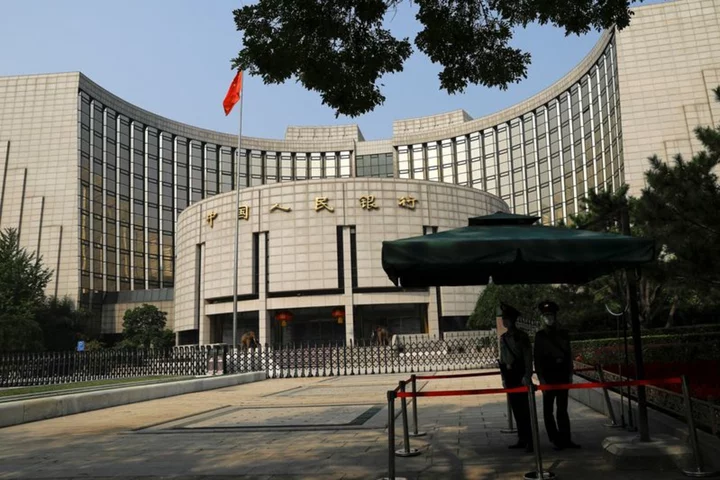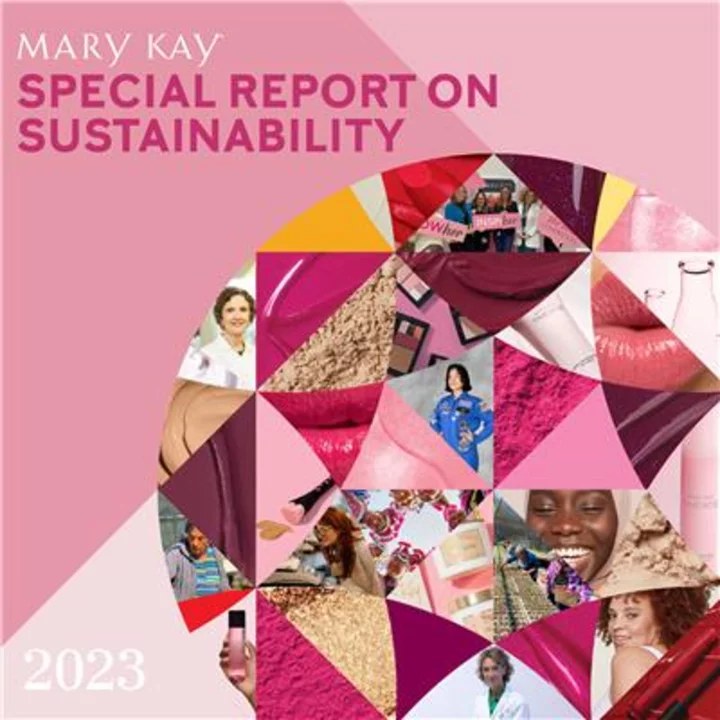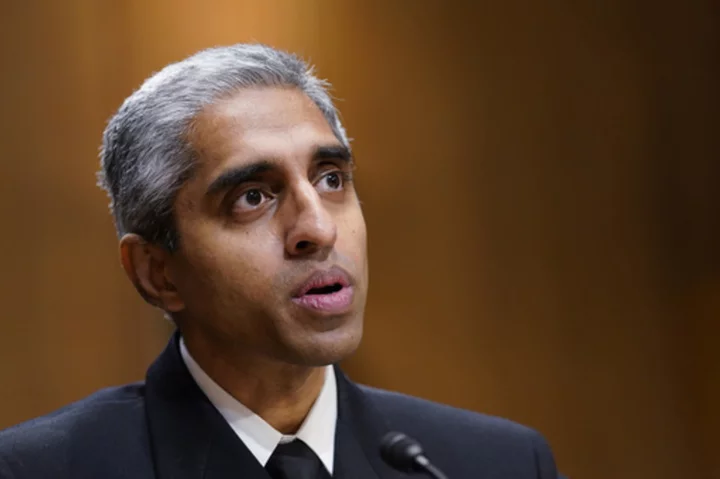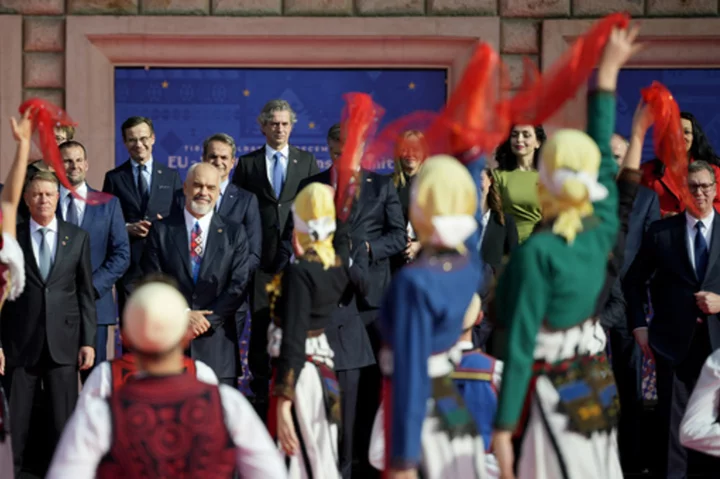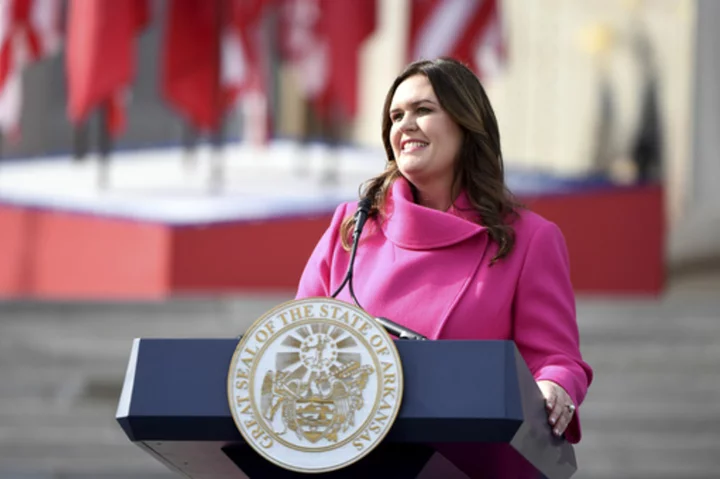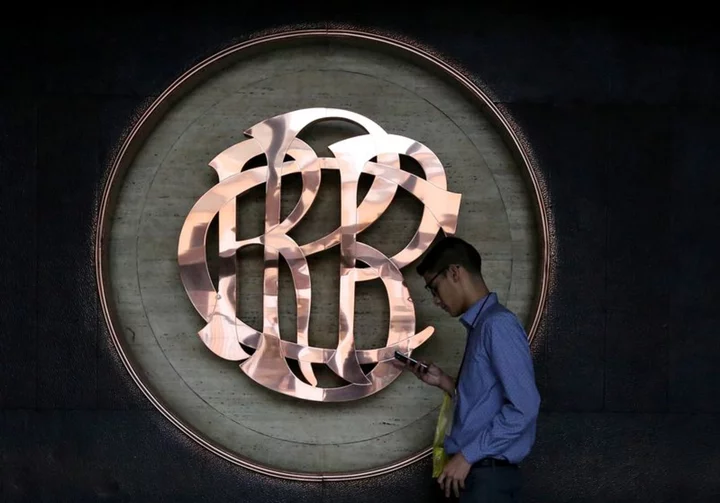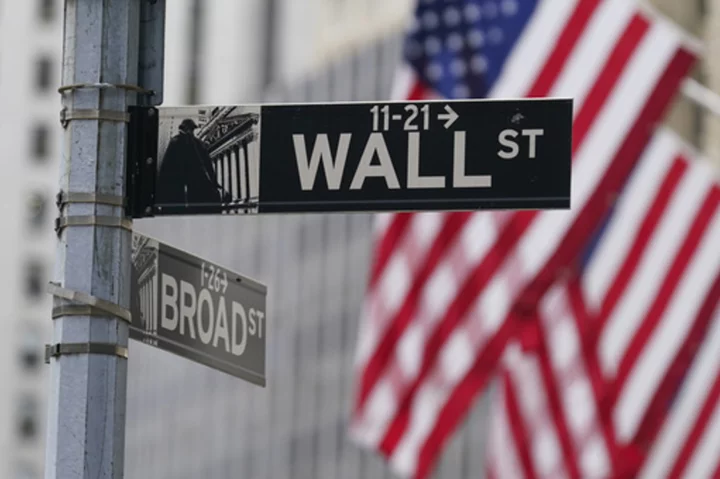SHANGHAI/BEIJING China's central bank asked some lenders to cap interest rates on an interbank debt instrument this month, people with knowledge of the matter said on Friday, referring to the rising short-term yields on bank debt and strains in funding markets.
Some large-sized commercial lenders were told not to sell negotiable certificates of deposit (NCDs) at very high rates, four sources said. NCDs are a popular short-term debt instrument issued between banks for their financing needs.
The latest central bank guidance underscores authorities' intent to keep borrowing costs low in the slowing economy, even as the central and local governments issue more debt to infuse into infrastructure and consumer sectors.
NCD issuance rates and the secondary market rate have risen steadily since August and are now near six-month highs, traders said.
Banks were also told to keep interest rates relatively stable ahead of the central bank's medium-term policy loan operations.
China's central bank on Wednesday ramped up cash injections by pumping 1.45 trillion yuan ($200.14 billion) worth of one-year medium-term lending facility (MLF) loans to some financial institutions.
The size of the liquidity injection exceeded market expectations and resulted a net 600 billion yuan of net cash injections into the banking system, the biggest monthly increase since December 2016.
Financial institutions have issued a total of more than 2 trillion yuan worth of NCDs so far this month, including more than 750 billion yuan this week, according to Reuters calculations based on official data.
Banks have been very actively issuing NCDs to raise funds to make up for a liquidity gap in recent months as heavy debt supply, including China's newly approved 1 trillion yuan worth of sovereign bond issuance, triggered needs for more long-term funds.
All the sources spoke on the condition of anonymity as they were not authorised to talk to the media about the matter.
The People's Bank of China (PBOC) did not immediately respond to Reuters request for comments.
At the same time, the PBOC has been managing cash levels to contain yield differences with the United States and other major economies, which have sharply tightened policy, in order to support the yuan currency, which has fallen nearly 5% against the dollar so far this year.
Earlier this month, China's financial regulators investigated a month-end liquidity crunch that saw short-term money rates surge to as much as 50% on Oct. 31, and asked some institutions to explain why they borrowed at extremely high rates, Reuters reported.
The interest rate on one-year AAA-rated NCDs has been persistently trading higher than the one-year MLF rate the central bank charges financial institutions since October.
It last traded at a near six-month high of 2.5711% on Friday, about 7 basis points higher than the one-year MLF rate of 2.5%.
($1 = 7.2448 Chinese yuan)
(Reporting by Shanghai and Beijing Newsroom; Editing by Vidya Ranganathan and Kim Coghill)

